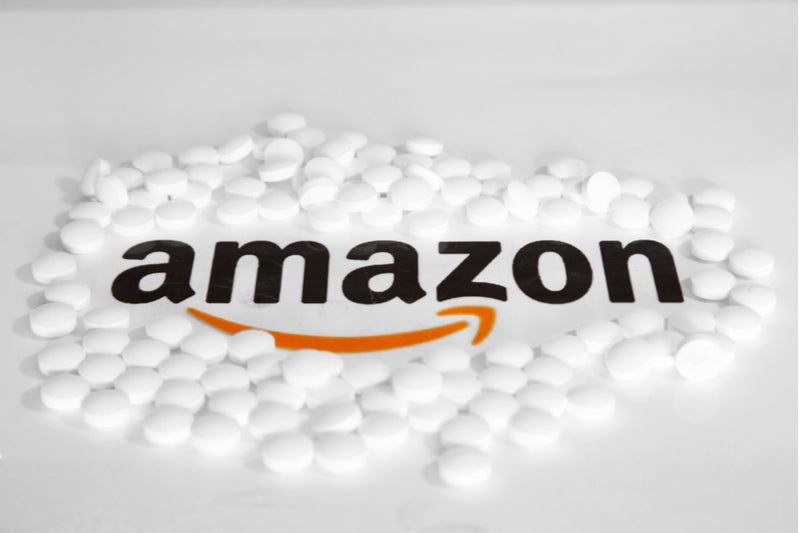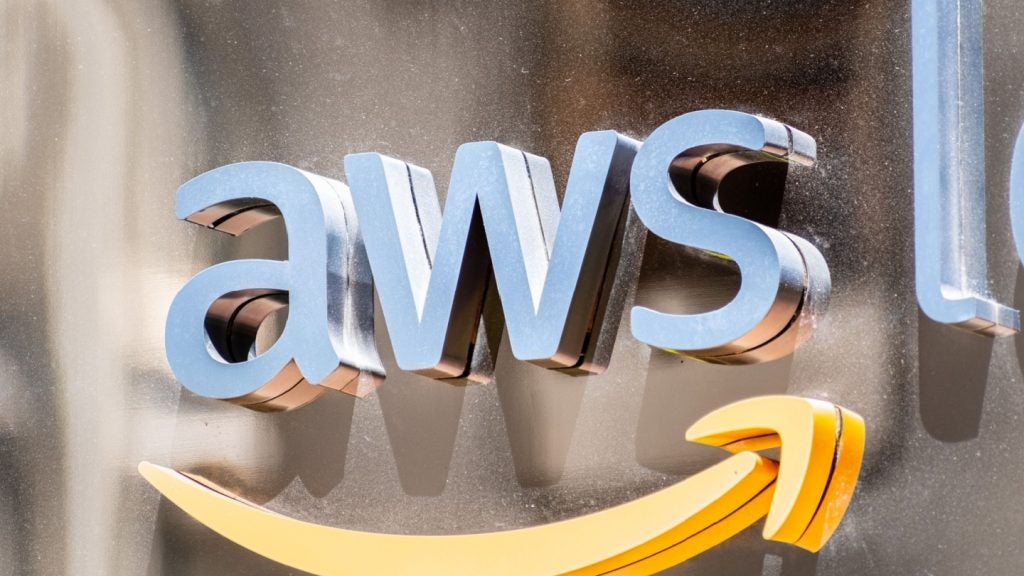
Access by Amazon to NHS data could help reduce the burden on public services but the price may be access – if limited – by Big Tech to people’s personal data.
NHS could indirectly facilitate medical data collection
Responses to a Freedom of Information (FoI) request in December, by Privacy International and other organisations, revealed a heavily-redacted contract between the UK Department of Health and Social Care (DHSC) and Amazon for the latter’s provision of NHS medical advice.
When the story of a deal first broke, in July of this year, the UK health secretary said the partnership with the NHS would allow Amazon’s Alexa virtual assistant to offer expert health advice that would, in turn, reduce the burden on GPs and pharmacists.
It was widely reported at the time that Amazon would only be given access to the NHS database regarding medical conditions and treatments and that no patient data would be exchanged.
However, the results from the FoI request suggest some patient information could be shared with Amazon.
Unlike the controversial exchange of anonymised patient data between five National Health Trusts and Google’s DeepMind last year, the deal between the NHS and Amazon represents a new kind of indirect data deal.
How well do you really know your competitors?
Access the most comprehensive Company Profiles on the market, powered by GlobalData. Save hours of research. Gain competitive edge.

Thank you!
Your download email will arrive shortly
Not ready to buy yet? Download a free sample
We are confident about the unique quality of our Company Profiles. However, we want you to make the most beneficial decision for your business, so we offer a free sample that you can download by submitting the below form
By GlobalDataUnder the NHS-Amazon arrangements, by handing over expertise and its brand logo, the NHS is lending its institutional credibility to advice from Amazon’s Alexa that could help drive Amazon’s collection of medical data capital.
Studies have shown that Amazon already actively collates medical data from internet users by tracking their queries on medical advice websites. Alexa could become another conduit for such data.
One important concern is whether Amazon’s store of medial data could become so big that it becomes potentially too profitable for it not to sell what it has. It does, after all, provide a commercial, and not a public service.
NHS risks weakening its position by not extending the Amazon contract
The fear is that should the DHSC’s declared aspirations for the deal be fully realized, the health department risks being in a weaker bargaining position in future negotiations.
When the contract was signed in July, the DHSC said the partnership would improve access to health services by reducing the burden on NHS services, especially its telephone triage service.
However, if Alexa proved successful in reducing the burden on NHS services and Amazon sought to renegotiate the contract, the DHSC could stand to lose from walking away from the deal.
Data-powered advertising is worth billions to Amazon and its competitors in that sphere, Google and Facebook, are known to aggressively extend their access to users’ data.
The competitive benefits for Amazon in gaining greater access to NHS services, driving input of medical data for its devices, make renegotiation of its contract with the DoH highly probable.
Alternative data strategies will still find pubic healthcare a tough nut to crack
The NHS partnership is Amazon’s first interaction with public healthcare services and it echoes the widely-anticipated trend for US tech giants to provide technological solutions in the private healthcare sector.
However, while the NHS needs to keep up with rapidly-changing technology, it has so far taken steps to find solutions independently, including a major expansion of its AI capabilities.
Such independent innovation could reduce the future need for outsourcing deals that can facilitate the gathering of medical data by companies with poor track-records in managing data security.







Related Company Profiles
Meta Platforms Inc
Amazon.com Inc
Google LLC